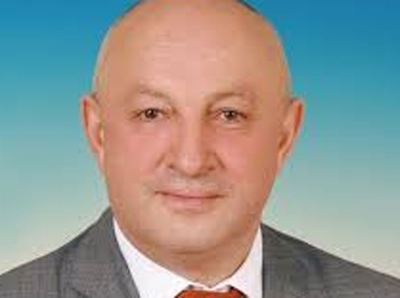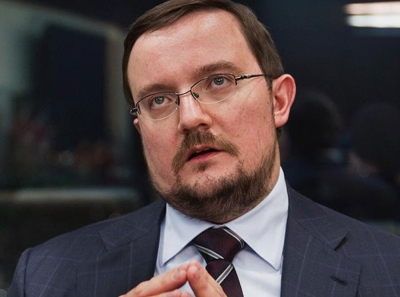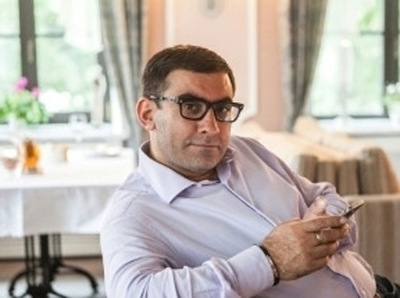Nuclear phase-out: last German nuclear power plants go off grid
After a brief delay of three-and-a-half months, the last German nuclear power plants will go off grid on 15 April at 23:59. This is the final step in Germany’s nuclear phase-out that was initiated in 2011. Yet the climate and energy crises have created more advocates for nuclear power in recent months. The debate in the European press rumbles on.
And now the rest of Europe too, please!
The closure of the last nuclear power plant in Germany is just a first step, die taz argues:
“In Europe there are still far too many reactors in operation and France and other states want to invest heavily in nuclear energy, which is way too dangerous and way too expensive. German politicians have a role to play here. Germany shares responsibility for the fact that in the wake of the so-called taxonomy ruling, nuclear power is now classified as sustainable among private financial investors. The EU actually wants to place nuclear energy on a par with renewables when it comes to state subsidies – and the German government must stop this. And what’s more, it could use the newly nationalised energy supplier and nuclear power plant operator Uniper as an instrument to push forward the phase-out in other countries. Where there is a will, there’s a way.”
Green pyrrhic victory
How can Germany close its nuclear power plants yet keep coal up and running, the Kurier exclaims:
“In 2022 a third of the electricity in the German grid came from coal power plants, an 8.4 percent increase on the previous year. Not only climate activists will be thinking: have they gone mad? Europe is in an energy crisis, the Putin gas phase-out is causing enormous problems in many economies. And then we have the climate crisis. Yet the last German coal power plant is scheduled to stay in operation until 2038. ... The end of nuclear is in the Greens’ DNA, so it’s understandable that Habeck can’t let it go. But this ‘victory’ will cause suffering for the country and the climate for many years to come.”
Bulgaria doesn’t even have a permanent repository
E-vestnik welcomes the completion of Germany’s nuclear phase-out, but is concerned about how Bulgaria will deal with its nuclear waste:
“In Bulgaria there is a belief that nuclear waste is a valuable resource. What for? Only the future will show. ... But you don’t have to be a nuclear scientist to know how dangerous radioactive waste is, and that not having a repository to hold it is problematic. We are piling it all up in a temporary storage facility in Kosloduy. Churchill once said that war is too serious to be left to the generals. The same applies to nuclear plants — they cannot be left to energy experts and nuclear specialists, because it is not only they who are affected.”









